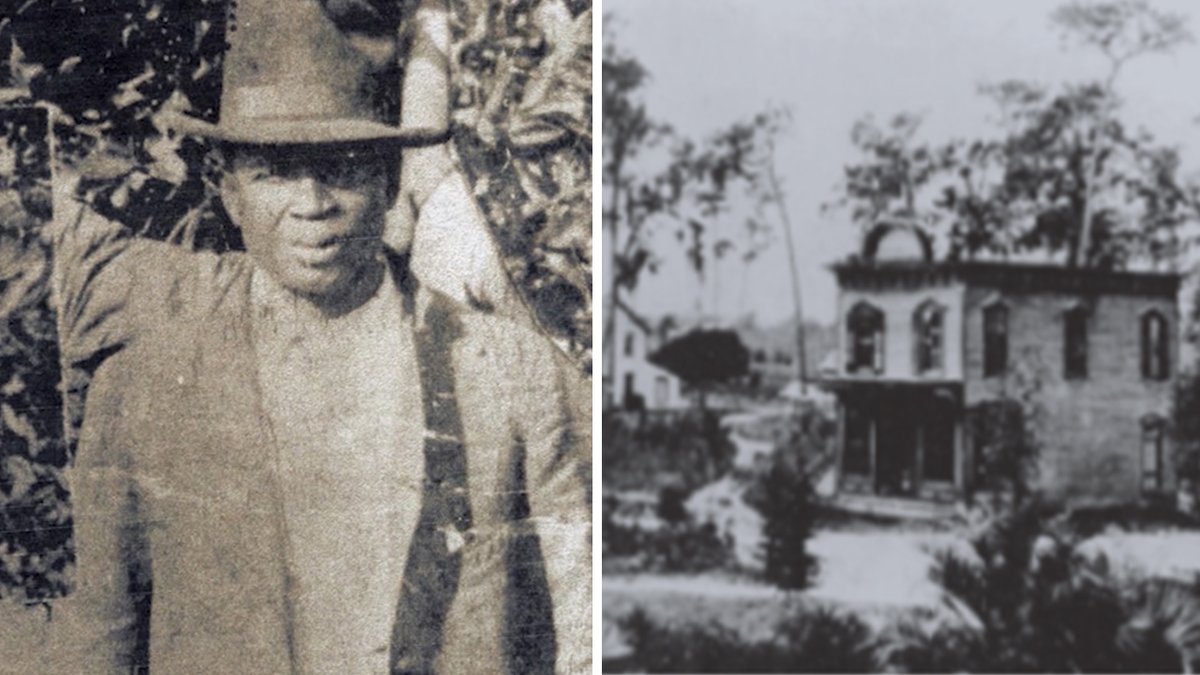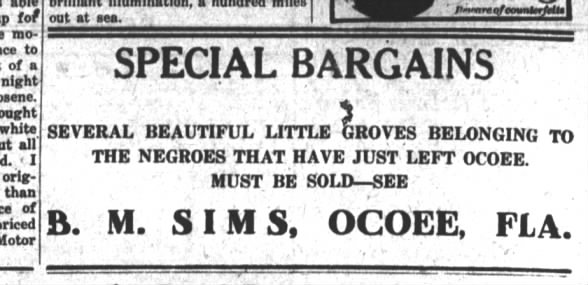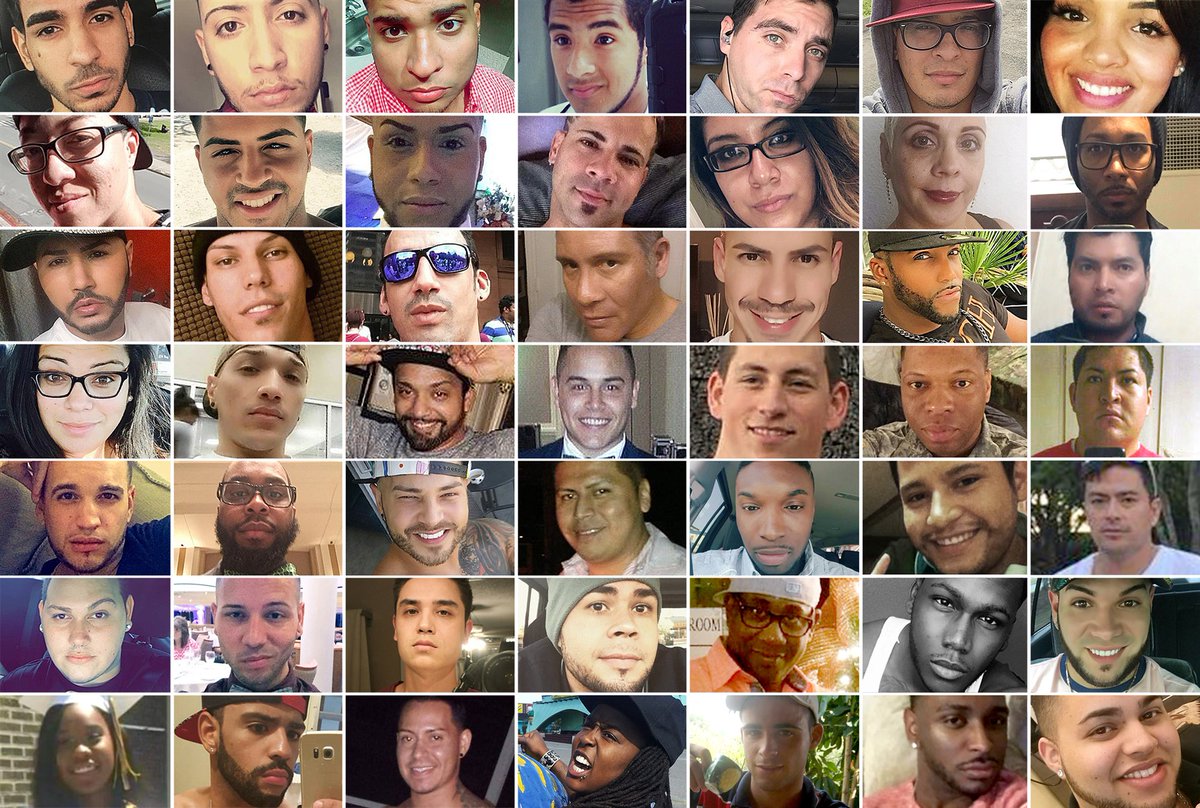
In spring of 1964, Dr. Robert Hayling, a Black dentist and civil rights leader in St. Augustine, FL, called for college students to come spend their spring breaks not on the beach but at nonviolent civil rights protests.
They came. (Thread) #BlackHistoryMonth
They came. (Thread) #BlackHistoryMonth
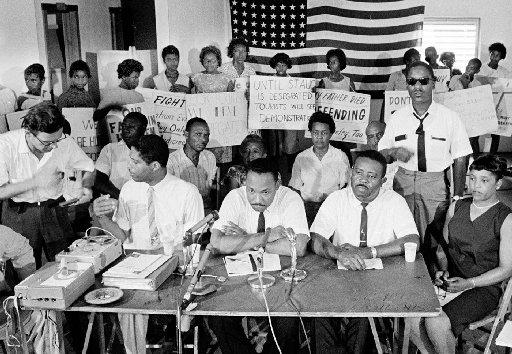
Dr. Hayling had attended @FAMU_1887 & served in the @usairforce.
In 1960, he moved to St. Augustine, which was just a few years from celebrating its "400th anniversary as the nation’s oldest city on an all-white basis."
In 1960, he moved to St. Augustine, which was just a few years from celebrating its "400th anniversary as the nation’s oldest city on an all-white basis."
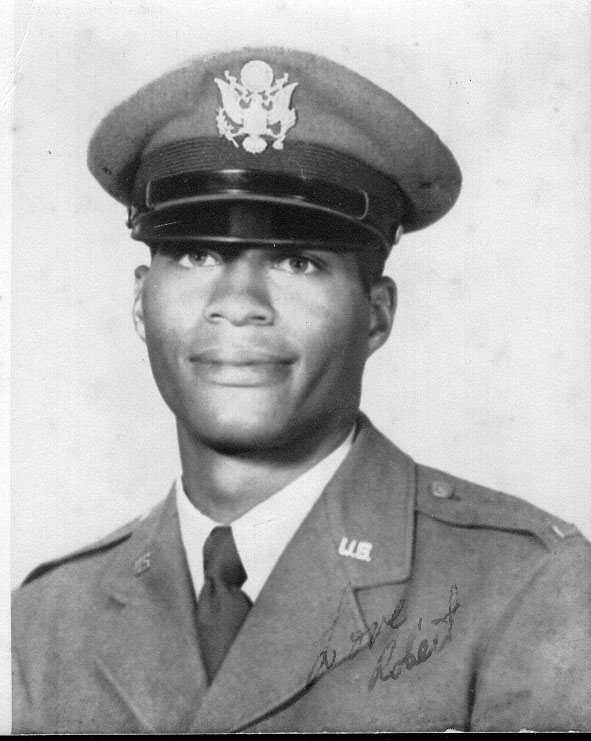
He advocated for Black residents to be recognized at the anniversary.
In response, he and three others were kidnapped, brought to a Klan rally, beaten, and nearly burned alive.
Klan members fired into his home, killing his dog and just missing his pregnant wife.
In response, he and three others were kidnapped, brought to a Klan rally, beaten, and nearly burned alive.
Klan members fired into his home, killing his dog and just missing his pregnant wife.
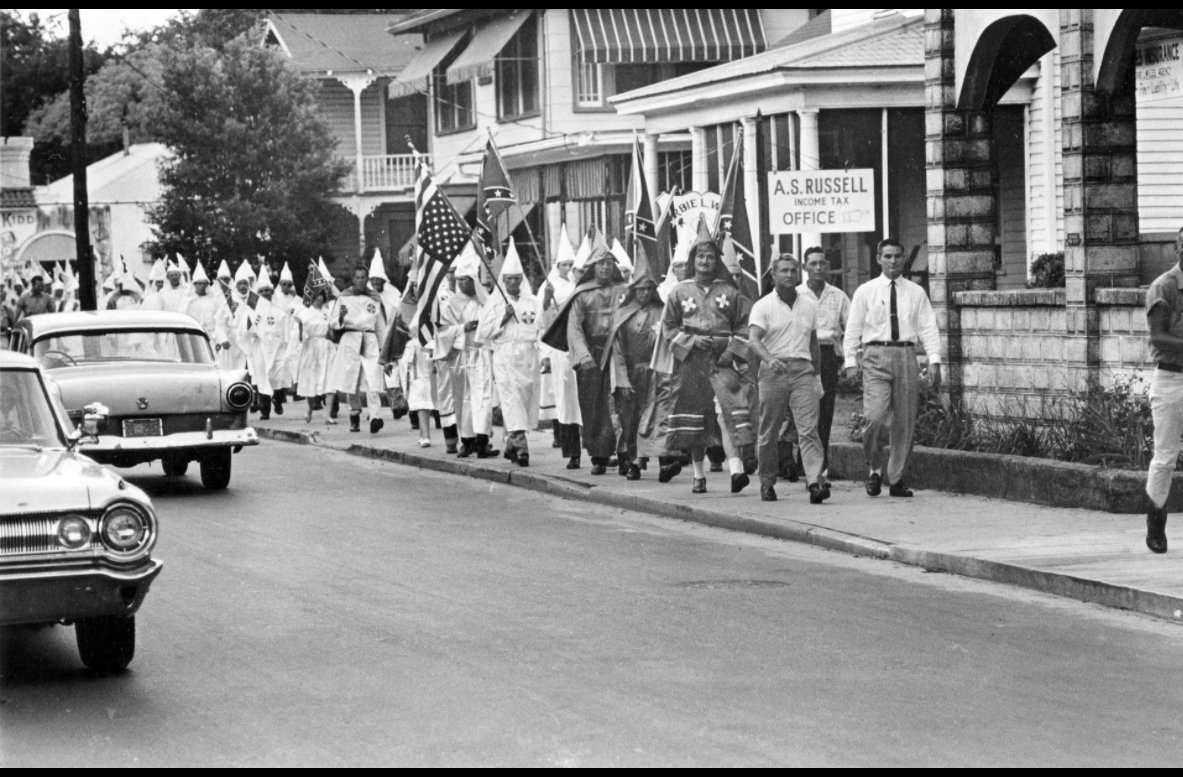
The sheriff arrested four KKK members, AND the four Black men, who were accused of "assaulting" the mob.
Charges against the klansmen were dropped. Dr. Hayling was convicted of "criminal assault."
The next spring, in 1964, Dr. Hayling put out his call.
Charges against the klansmen were dropped. Dr. Hayling was convicted of "criminal assault."
The next spring, in 1964, Dr. Hayling put out his call.
The Civil Rights Act was deadlocked and filibustered. Dr. Martin Luther King, Jr. and others joined Dr. Hayling in St. Augustine. They marched nightly, enduring assaults and incarcerations outside in the hot sun. 
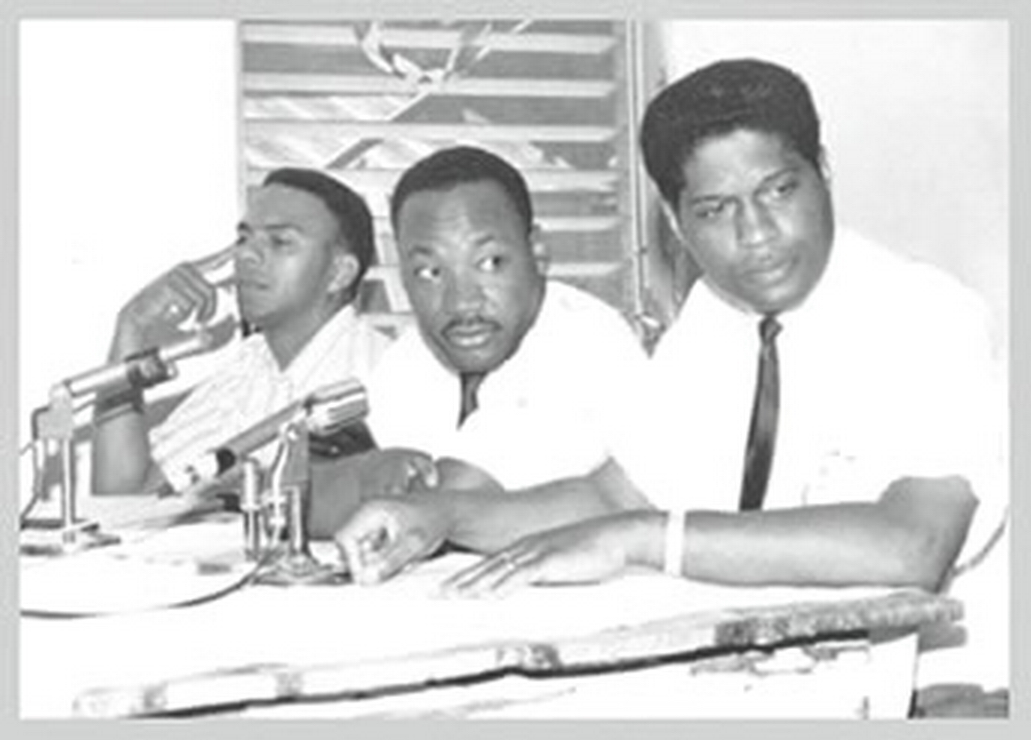
Katherine "Kat" Twine, the "Rosa Parks of St. Augustine," was arrested so many times that she kept a bag packed by the door for when they came to arrest her, and carried around a large-brimmed hat (her "Freedom Hat") so that she would have some shade in the stockades. 

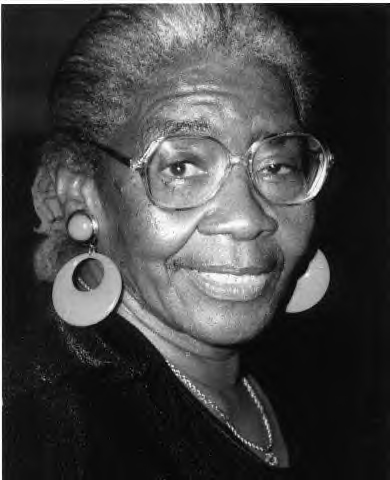
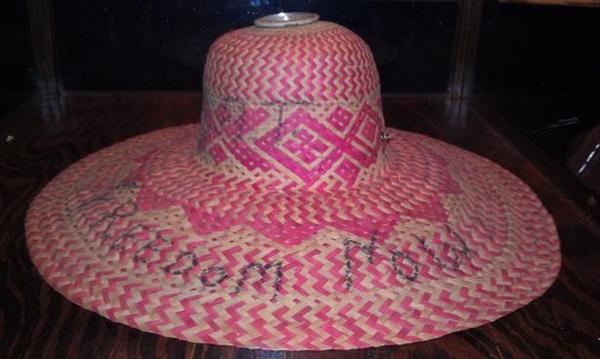
The movement was the only time and place where Dr. King was arrested in Florida. 16 Jewish rabbis were also jailed (the largest mass arrest of rabbis in American history). Brave protesters jumped into a "Whites only" pool and had acid dumped on them (pictured: Mimi Ford). 
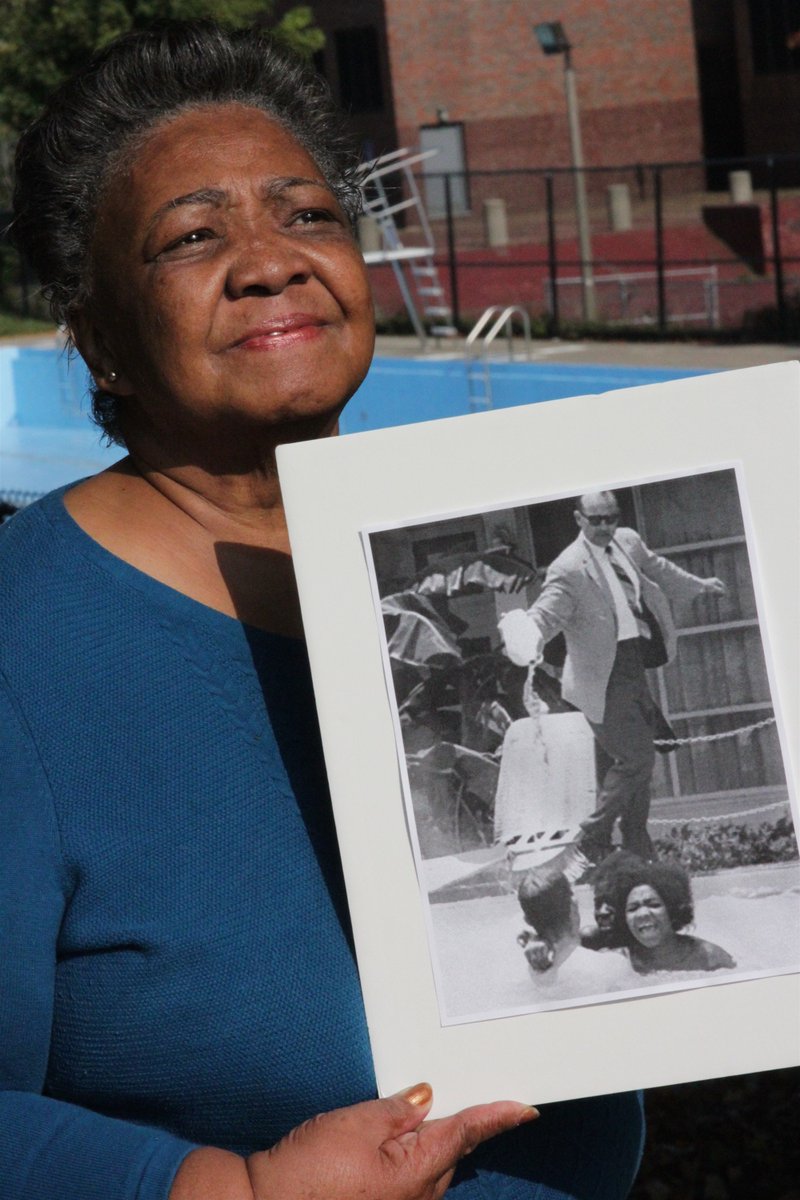
The following day, the Civil Rights Act was approved. J.T. Johnson, one of the swimmers in the pool that day, later said "I'm not so sure the Civil Rights Act would have been passed had [there] not been a St. Augustine. It was a milestone." npr.org/2014/06/13/321…
They strategically brought other photo-friendly allies, including Mary Parkman Peabody, a 72-year-old white woman and mother of the Governor of Massachusetts. Her arrest, like the pool photos, spurred the national press to cast the movement's struggles in a different light. 
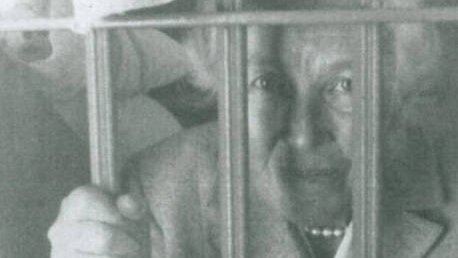
Dr. Hayling had to flee St. Augustine after the protests.
But later, he was given the city's highest honors.
Audrey Nell Edwards, one of the St. Augustine Four, said, “He motivated us. He made us feel like we were doing something right." washingtonpost.com/history/2021/0…
But later, he was given the city's highest honors.
Audrey Nell Edwards, one of the St. Augustine Four, said, “He motivated us. He made us feel like we were doing something right." washingtonpost.com/history/2021/0…
In 2014, Dr. Hayling said, “I thought I’d paid my dues and earned my citizenship. But my country was not ready to accept me. I didn’t want exceptions. I just wanted to be equal.” #BlackHistoryMonth 
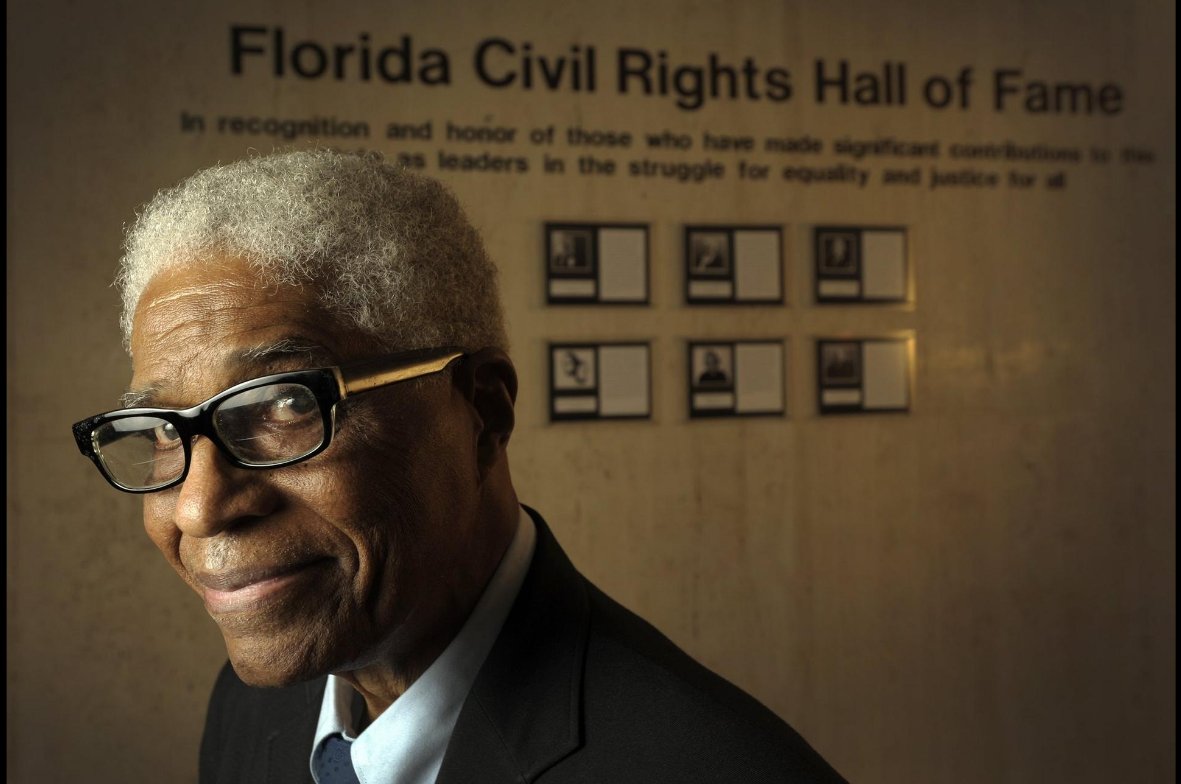
• • •
Missing some Tweet in this thread? You can try to
force a refresh





